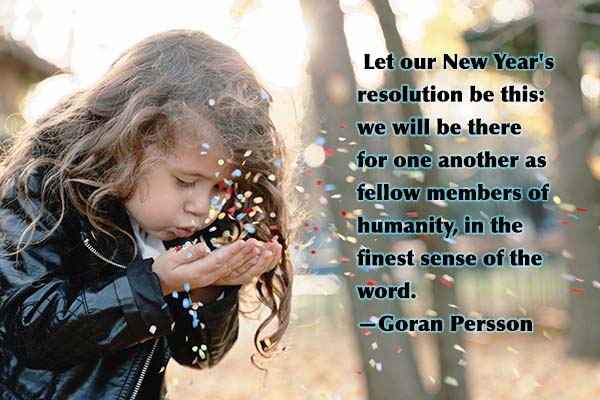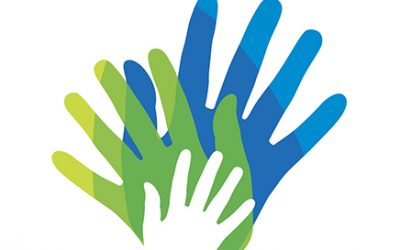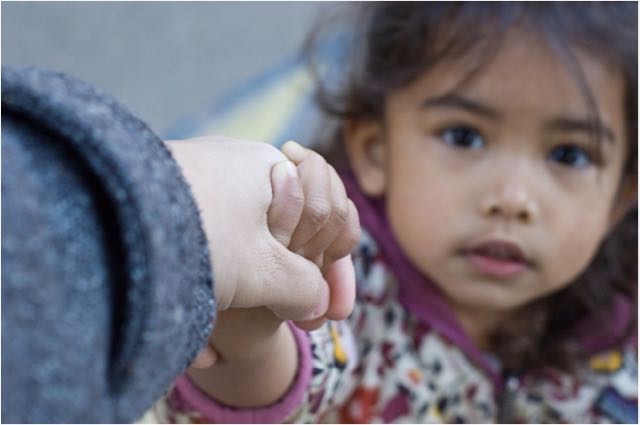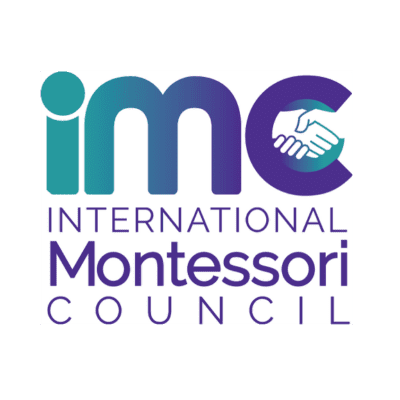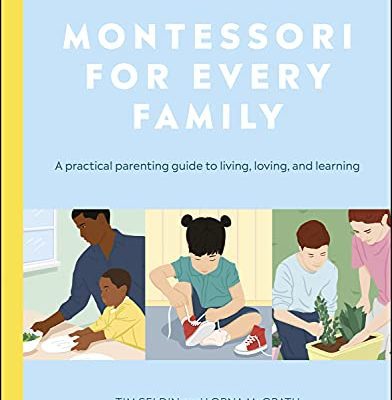“Many have written or spoken of what school should look like from a developmental perspective, but nobody created the complete developmental package that Montessori did.
The underlying assumption in traditional education is that every child in a class can get through the same amount of material within a nine-month academic year, and, of course, this is absurd! Everyone who’s been in a classroom knows that not every child will proceed at the same pace.
The task of education must change. Schools should foster children’s growth and development from the earliest years. It must be, in the deepest sense, brain developmental.
In the Elementary years, it must be about problem-solving and social development, working with other people, and thinking.
In the later years, it really has to be about motivation, mission, and purpose. What are your unique capabilities? What are your unique interests? What are you going to bring to the world that makes you something special?
Traditional education can’t do that.”
Dr. Steve Hughes,
Speaking as part of the Inside Montessori documentary www.quietislandfilms.com/insidemontessori
Imagine a scene: It’s 8:30 p.m. on a Friday. Your 15-year-old daughter, attending a sleepover, rings you up. There’s a shaky edge to her voice. Her friends, experimenting with alcohol, have disappointed her. She’s taken a stand, voiced her discontent, and now she’s isolated. However, she has made a decision that reflects maturity, wisdom, and a robust moral compass.
As a parent, such scenarios might make your heart race. Yet, they underscore the inevitable truth that children grow up facing numerous crosswinds that challenge their convictions. These defining moments shape their identity and decision-making capabilities. As they transition into teenagers (and then adults), they grapple with crucial life choices: selecting careers; colleges; or even life partners.
The Montessori term valorization of the personality beautifully encapsulates this rollercoaster journey toward self-discovery and identity formation. To valorize means to recognize value. In the context of adolescent growth, it signifies recognizing one’s self-worth.
Understanding the Adolescent Transformation
When you look at your little ones, it might be hard to visualize them as angst-filled teenagers. However, adolescence is just around the corner, with its whirlwind of hormonal changes, emotional highs and lows, and thirst for independence. This period marks a gradual detachment from parental reliance, ushering in an era of peer influence and self-exploration.
Pause for a moment. Ponder over the values, traits, and ideals you envision for your child as they embark on their journey to higher education and adulthood. What are your aspirations for them? Jot them down. These reflections will serve as a guiding compass in your parenting journey.

The Montessori Edge in Adolescent Education
Traditional middle and high schools often miss the mark. Their vast size and standardized curriculums frequently alienate students, rendering them mere statistics rather than unique individuals with distinct needs and potentials.
Montessori offers a refreshing departure. Rooted in the philosophy of Dr. Maria Montessori, it recognizes the distinct developmental needs of teenagers. While academic excellence is pursued, Montessori places equal emphasis on socio-emotional growth, interpersonal skills, and character development.
When battling the internal chaos of their shifting identities, young teens often grapple with self-doubt and a yearning for respect. Montessori environments offer them a sanctuary where they’re not just students but adults-in-training, embarking on a voyage of self-discovery.
Valorizing the Young Mind
Every teenager seeks acceptance. Yet, societal constructs often leave them feeling undervalued and misunderstood. The Montessori framework fills this void. It is designed to support the process of valorization, helping them discern their unique strengths, passions, and worth. Montessori middle and high schools champion the adolescent’s quest for identity through a rich program of group activities, hands-on projects, and real-world problem solving.
Activities span beyond the traditional. Students are constantly nudged out of their comfort zones, from camping adventures to creative projects. These experiences bolster their self-confidence and hone their collaborative, communication, and conflict-resolution skills.
Montessori’s emphasis on valorization becomes the bedrock for nurturing resilient, self-aware, and compassionate adults. Fortified by their Montessori experiences, these young individuals are ready to face university life and equipped to navigate life’s intricate maze with confidence and grace.
As parents, our primary goal is to see our children flourish into responsible, empathetic, and confident adults. Montessori middle and high schools serve as catalysts in this transformative journey. By valorizing each student, they lay the foundation for lifelong success, ensuring our children are prepared for both the academic rigors of university and the broader challenges of life.
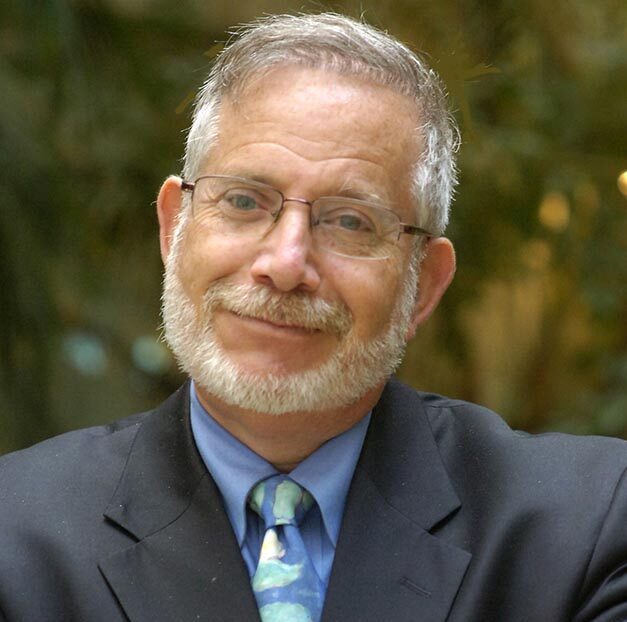
Tim Seldin is President of the Montessori Foundation and Chair of the International Montessori Council. His more than 40 years of experience in Montessori education includes 22 years as Headmaster of the Barrie School in Silver Spring, Maryland, his alma mater from toddler through high school graduation. Tim was Co-Founder and Director of the Institute for Advanced Montessori Studies and the Center for Guided Montessori Studies. He earned a B.A. in History and Philosophy from Georgetown University, an M.Ed. in Educational Administration and Supervision from The American University, and his Montessori certification from the American Montessori Society. Tim Seldin is the author of several books on Montessori Education, including How to Raise An Amazing Child, and The World in the Palm of Her Hand Look for his new book, Montessori for Every Family, co-authored with Lorna McGrath.

